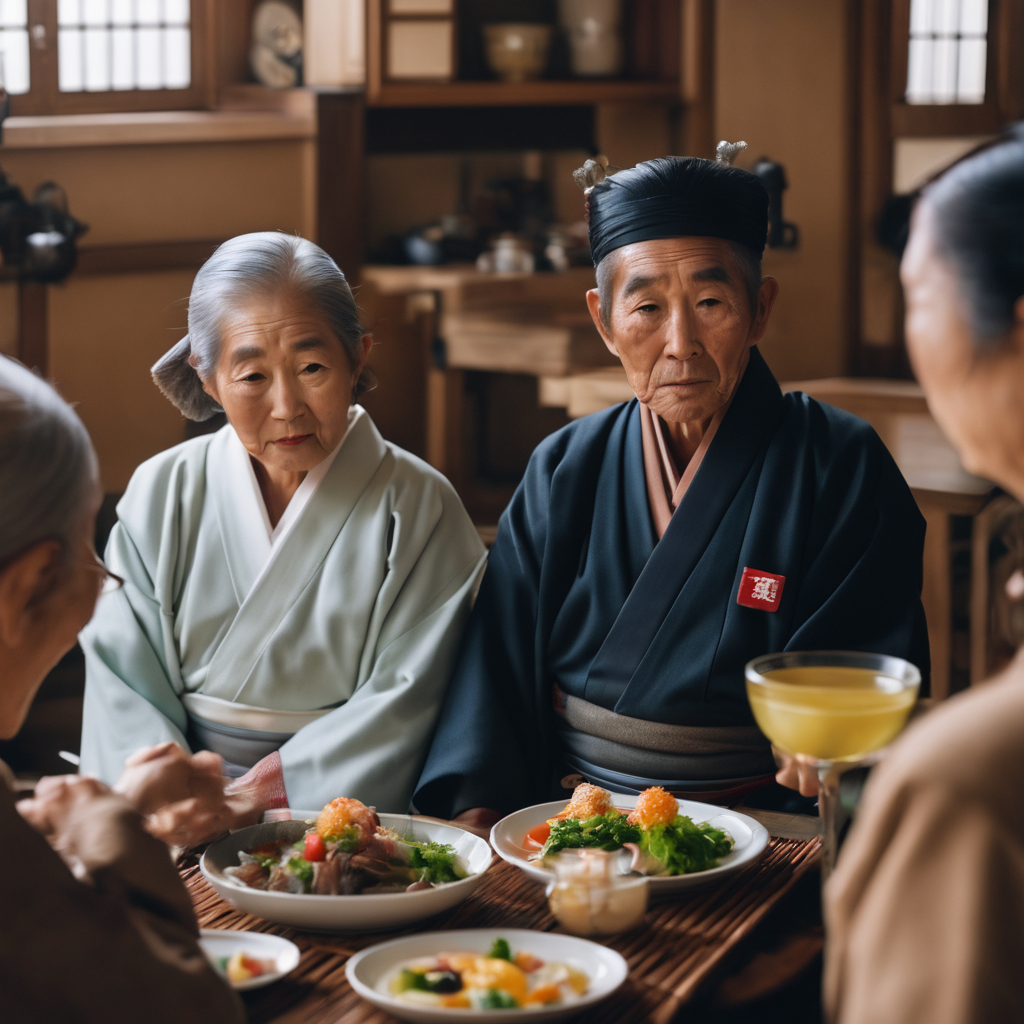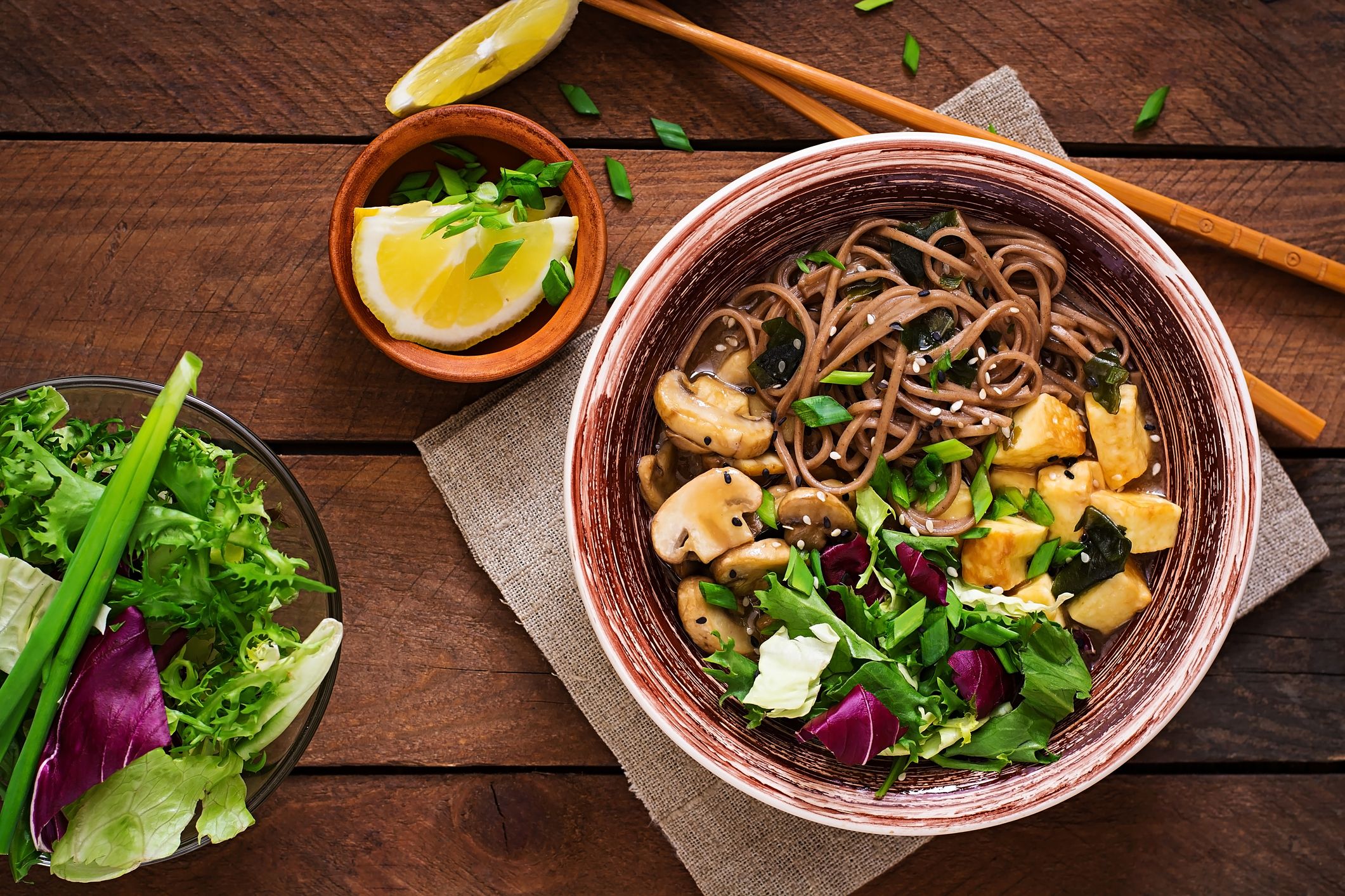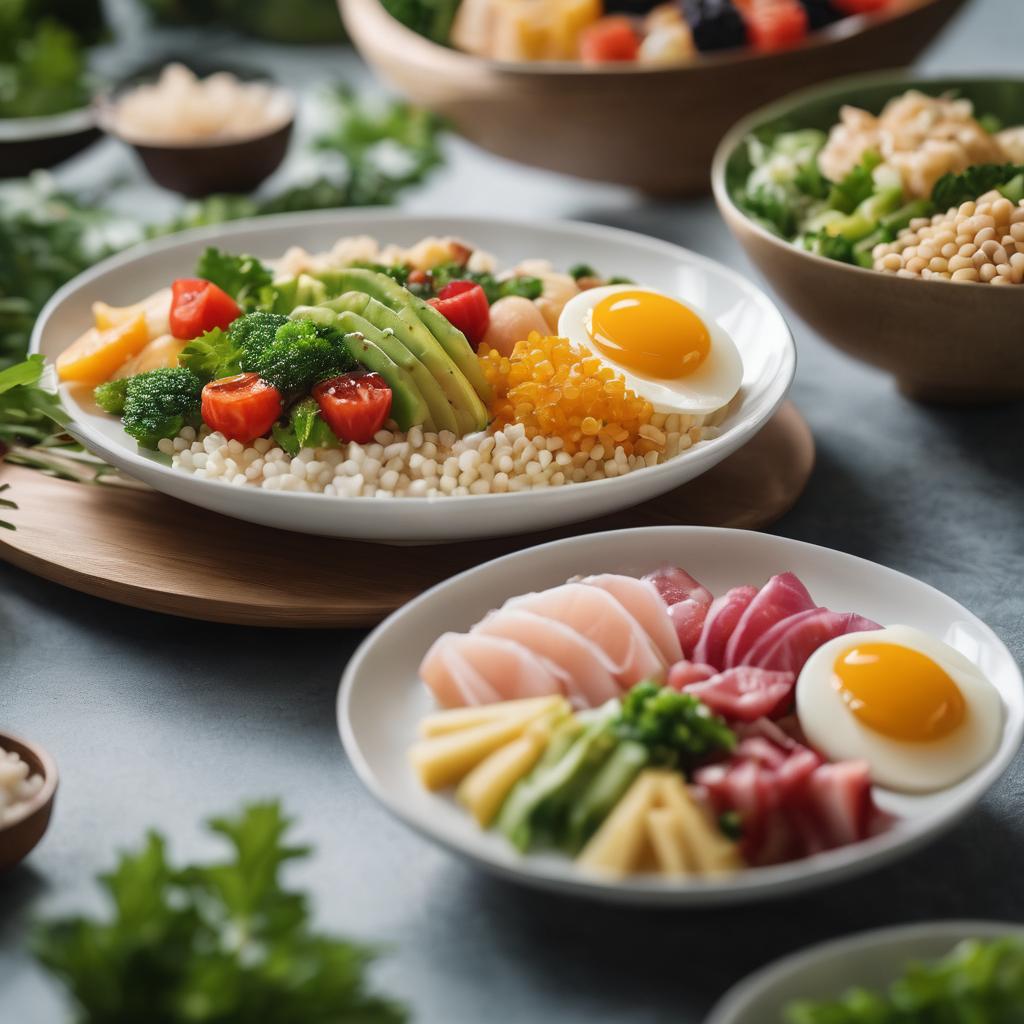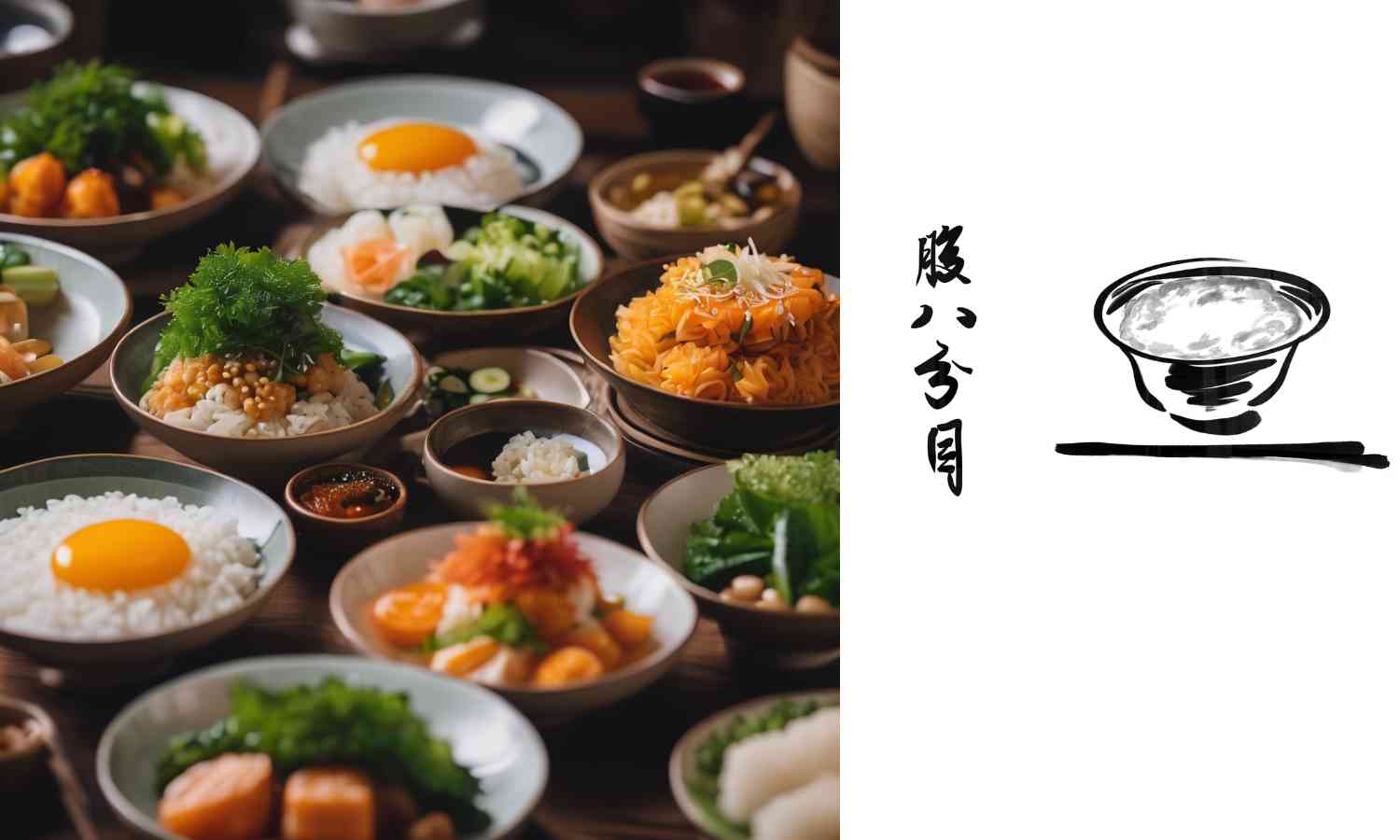Imagine a world where you could eat all the delicious food you wanted and still be healthy and live a long life. Everybody wants it, but only a few people on this planet are able to achieve the same, one of them are Japanese people, who have mastered the art of longevity. Japan boasts a remarkable population of 90,526 centenarians, individuals who have gracefully crossed the century mark, marking an astonishing surge of over five times in just two decades. This extraordinary statistic, unveiled in a 2022 report by the Ministry of Health, Labour, and Welfare, paints Japan as a cradle of long-lived individuals.
However, the most captivating revelation emerges from the remote and far-off Japanese island called Okinawa, a place where time appears to move at a different pace. Here they have more people over 100 years old than anywhere else in the world, making it a living testament to the secrets of longevity that it holds from the depths of this island.

That world we mentioned above is possible with hara hachi bu, a Japanese philosophy that means "eat until you are 80 per cent full." It is a Japanese secret to have longer life spans and healthy eating.
Practiced in Japan for centuries, and it is one of the reasons why the Japanese have one of the highest life expectancies in the world. It is also a key principle of the Okinawa Diet, which is known for its health benefits.

Hara hachi bu is simple to practice you can start working on it from day if you wish. All you need to do is to pay full attention to your hunger cues and stop eating when you are 80 per cent full. This may seem difficult at first, but trust me it gets easier with practice, not in the daytime but I’ve started practising it at dinner and it helps my stomach.
I did some research to find a few simple things I and you can do to practice hara hachi bu:
Eat slowly and savour your food. This will give your body time to register that it is full: Often times when there is a special dinner/ lunch or we are very hungry we tend to keep our plate full and take more food than we actually need and end up getting stuffed. While practicing this you should stop eating as soon as you start to feel full, even if you have food left on your plate, but again this will result in food wastage and to avoid that, we must carefully choose how much we are taking on to our plate.
Our elders always ask us not to eat in front of a screen or not to talk much while eating, turns out they have a very good reason to say so. You should avoid distractions when you are eating. This means turning off the TV, putting away your phone, and avoiding talking too much, which gives you time to actually analyse what and how much you are eating.
One of the last simple techniques you can use is to opt for smaller plates and bowls. This will help you to control your portions. Chill, I’m not saying go on a diet or eat less, but only a way to keep tracking your food intake.

Some of the benefits of practising hara hachi bu include
Weight loss – as a result of eating a few calories less
Improved digestion – our gut stays healthy when we stop overeating and helps digest our food faster
Energy Levels – We feel more energetic while practising this technique as we prevent stuffing ourselves and in turn, we don’t feel sluggish
Reduced risk of chronic diseases: Hara hachi bu may help to reduce your risk of chronic diseases such as heart disease, stroke, and type 2 diabetes. These are the diseases of which we are witnessing lots of cases in India, especially when it comes to Heart attacks and diabetes which are life-threatening.
But just practising this simple but effective way of Hara hachi bu, will improve your health and longevity.
To start with you can keep your food journal in the initial days, this will help you to become more aware of your eating habits and to identify areas where you can cut back. You can tell this to your friends and family with whom you can start practising the same, which can help you to stay motivated and accountable.
(Disclaimer - This is a lifestyle-based story, and should not be taken as serious medical advice. Please refer to a medical professional for any and all dietary and medical-related issues.)
© Copyright 2023. All Rights Reserved Powered by Vygr Media.





















